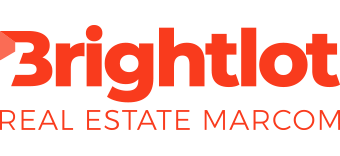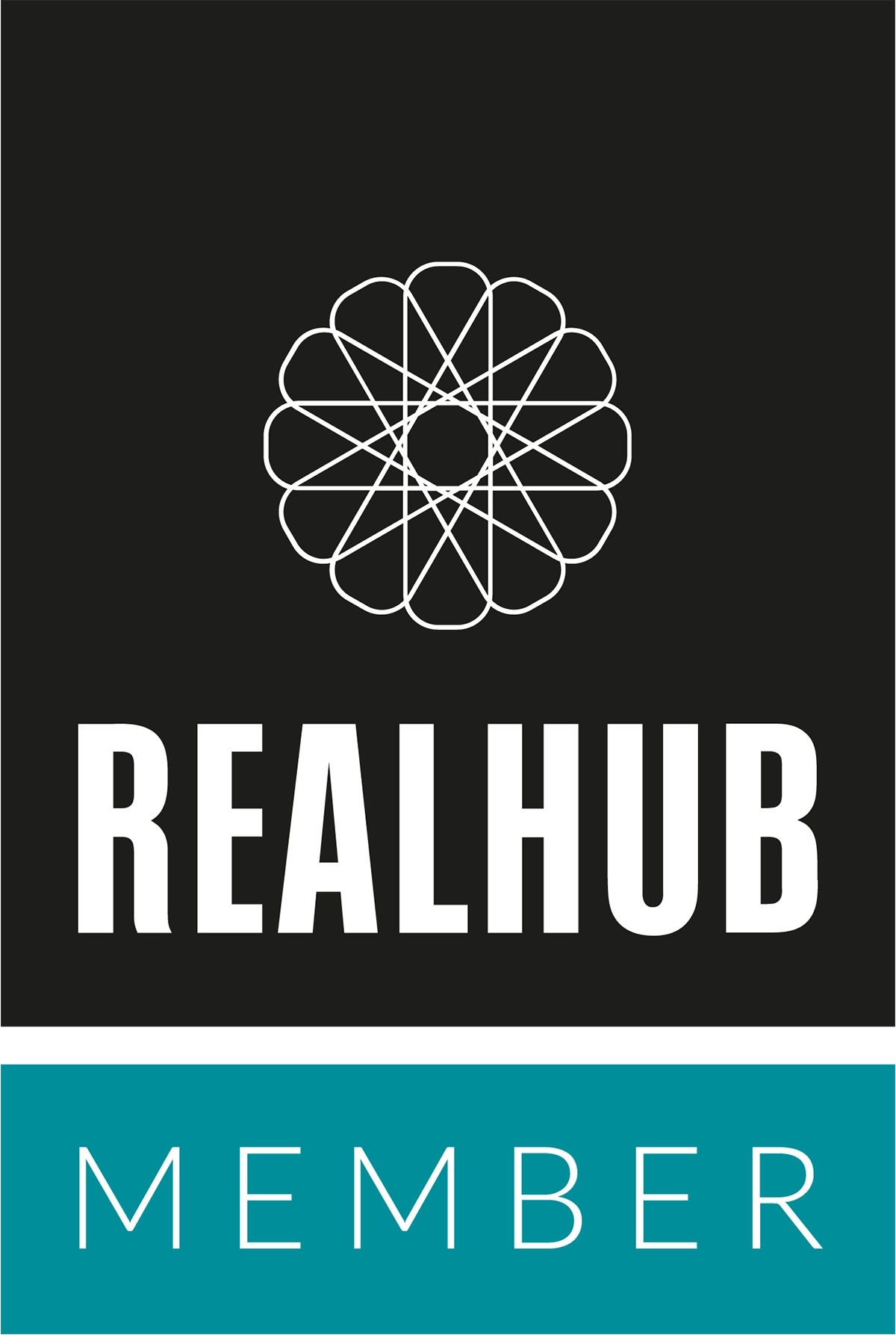Zorgvastgoed: nieuw specialisme
De vergrijzing en het woningtekort komen helaas tegelijkertijd en dat komt niemand echt goed uit (understatement). Gelukkig merken we dat er steeds meer woningprojecten komen die zich speciaal richten op een oudere doelgroep of mensen met een zorgbehoefte. Hoe pak je zo’n project aan op het gebied van marketing en communicatie? We verklappen hier waar wij op letten.
#1 Gewoon mensen
Het woningtekort is voor de meesten op z’n zachtst gezegd irritant, maar zeker onze ouderen en andere mensen met behoefte aan zorg kunnen we niet in de kou laten staan. De komst van deze zorgvastgoedprojecten is daarom een welkome oplossing, die we volledig omarmen. Maar ondanks dat we het hier over een specifieke doelgroep hebben, hoef je zo’n project niet opeens anders te benaderen dan andere. We hebben het namelijk nog steeds over mensen.
Ja, ze zijn iets ouder en willen graag weten of hun appartement ook te bereiken is met bijvoorbeeld een scootmobiel. Of dat er makkelijk thuiszorg en andere zorg geregeld kan worden. Maar ook de voordelen van een locatie of de goede bereikbaarheid met het ov – de unique selling points van een project – zijn belangrijk. Verlies je dus niet te veel in het ‘het is een totaal andere doelgroep’-gevoel. Wat spreekt jou aan in het project en wat maakt het een leuke woonplek? Als je het voor jezelf kunt beantwoorden, kun je die lijn doortrekken in de communicatie. Je richt je gelukkig niet op aliens, maar op gewone mensen. Mét een zorgbehoefte, dat wel.
#2 U of je?
Als je ouderen aanspreekt is het wel zo beleefd om ‘u’ te gebruiken. Nou? Daar zijn de meningen steeds vaker over verdeeld. Het is natuurlijk wel beleefd, maar creëert ook afstand. En dat is nu precies waardoor mensen zich níet aangesproken voelen. Stel je voor dat mensen alleen nog tegen je praten op een afstandelijke manier of er vanuit gaan dat je veel niet meer begrijpt. Dat is waar veel ouderen mee moeten dealen en dat kan beter.
Er vindt een langzame verschuiving plaats waarin veel Nederlanders niet meer weten hoe het precies hoort. Er zijn ouderen die het zelfs niet fijn vinden als je ze met ‘u’ aanspreekt. Dat past ook wel bij de niet-hiërarchische cultuur van ons Nederlanders. Bedrijven houden rekening met die cultuur, schrijft journalist Iris Hannema in Trouw. Zo gebruikt Apple op hun Nederlandse website ‘jij’, maar in het Frans de variant op ‘u’: ‘vous’. Dat is daar veel gebruikelijker.¹ Natuurlijk zijn er ook nog mensen die juist belang hechten aan het gebruik van ‘u’, maar naarmate de jonge, ‘amicale’ generaties van nu ouder worden, zal ‘u’ dan verdwijnen? Het gebruik van ‘je’ is in deze tijd in ieder geval al een stuk normaler dan vroeger, dus het zou zomaar kunnen.
Praktisch advies: probeer in te schatten waar jouw doelgroep zit. Heel hip project in de Randstad? Dan mag je best ‘je’ gebruiken. Dat kan prima op een respectvolle manier en is meteen toegankelijk. Zegt je gevoel dat ‘u’ toch beter is, dan mag dat ook. Let er wel op dat het snel afstandelijk over kan komen en houd in de gaten of het in de toekomst verandert. Ten slotte: is het project ook voor jongeren (met een zorgbehoefte)? Dan zouden wij altijd voor ‘je’ gaan.
#3 Toegankelijke website
Bij zorgvastgoed zou je niet durven om de derde verdieping alleen met trap bereikbaar te maken (en dan zonder traplift). Maar online gebeurt dat soms nog wel. Websites met kleine letters, ingewikkelde formulieren, hippe navigatie, of een telefoonnummer dat ver weggestopt is en waar je ook nog eens niet op kunt klikken. Dit zijn dingen waar je al gek van kunt worden als je technisch goed onderlegd bent, en hoewel we niet willen stigmatiseren: veel ouderen zijn dat meestal niet. Extra belangrijk dus om op bovenstaande punten te letten, maar dat kunnen wij natuurlijk ook voor jou doen.
Ten slotte: de rol van de verhuurder is van groot belang. Eigenlijk bij elk project, maar zeker als iemand er op de website niet uitkomt, is het fijn als diegene in elke stap van het verhuurproces kan bellen en zo geholpen wordt. Ook flexibele inloop op locatie (wanneer mogelijk) kan een goede toevoeging zijn. Zo maak je het net iets toegankelijker en dat is voor iedereen fijn.
Bron
¹https://www.trouw.nl/nieuws/je-of-u-nederlanders-weten-niet-meer-hoe-het-hoort~beada31d/



